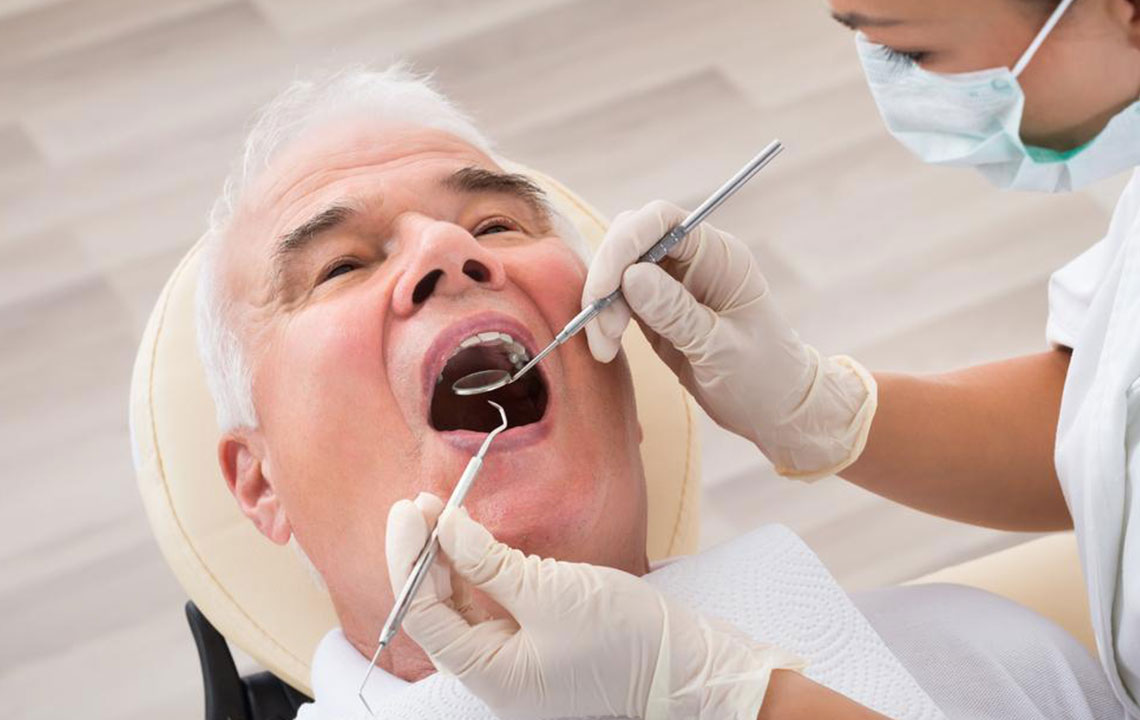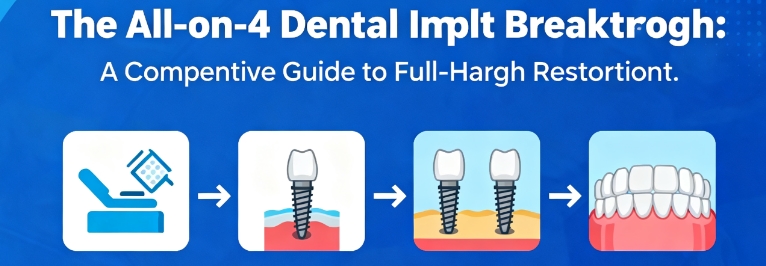Advantages and Disadvantages of Dental Coverage
Dental insurance plays a vital role in maintaining oral health and managing costly treatments. This article explores its advantages, such as cost savings on procedures and promoting preventive care, as well as disadvantages like high costs and coverage limits. Understanding these factors helps individuals make informed decisions about dental coverage to protect their oral and financial health effectively.

Advantages and Disadvantages of Dental Coverage
Maintaining dental health is crucial not only for a bright smile but also for overall well-being. Dental insurance provides financial support that makes necessary dental treatments more accessible and affordable for families. With a variety of plans available, choosing the right coverage is essential.
Most dental insurance plans have annual coverage limits; costs exceeding these are paid out-of-pocket. One key benefit is that insurance encourages preventive dental visits, helping to avoid costly procedures later.
Many budget-friendly dental insurance options exist, offering valuable benefits.
Typically, these plans cover two cleanings and exams annually, including X-rays and fillings. Some plans extend to more complex procedures like root canals and crowns. To understand coverage details, consulting affordable dental insurance providers is advisable. While dental insurance has many advantages, it also presents some disadvantages. Let's explore these in detail:
Benefits
If you or your family have specific dental needs beyond regular check-ups, insurance can significantly reduce costs.
It helps manage expensive treatments such as root canals and restorations.
Similar to other health insurances, dental plans promote awareness about oral hygiene practices.
Drawbacks
Dental insurance might be costly, especially private plans, with deductibles and co-pays adding to expenses.
There are coverage caps; if treatments exceed the limit, the additional costs are paid out-of-pocket.
Despite these cons, not having dental coverage can lead to significant financial strain if severe dental issues arise, potentially costing a fortune. Therefore, having dental insurance is vital to safeguard against unexpected expenses.










